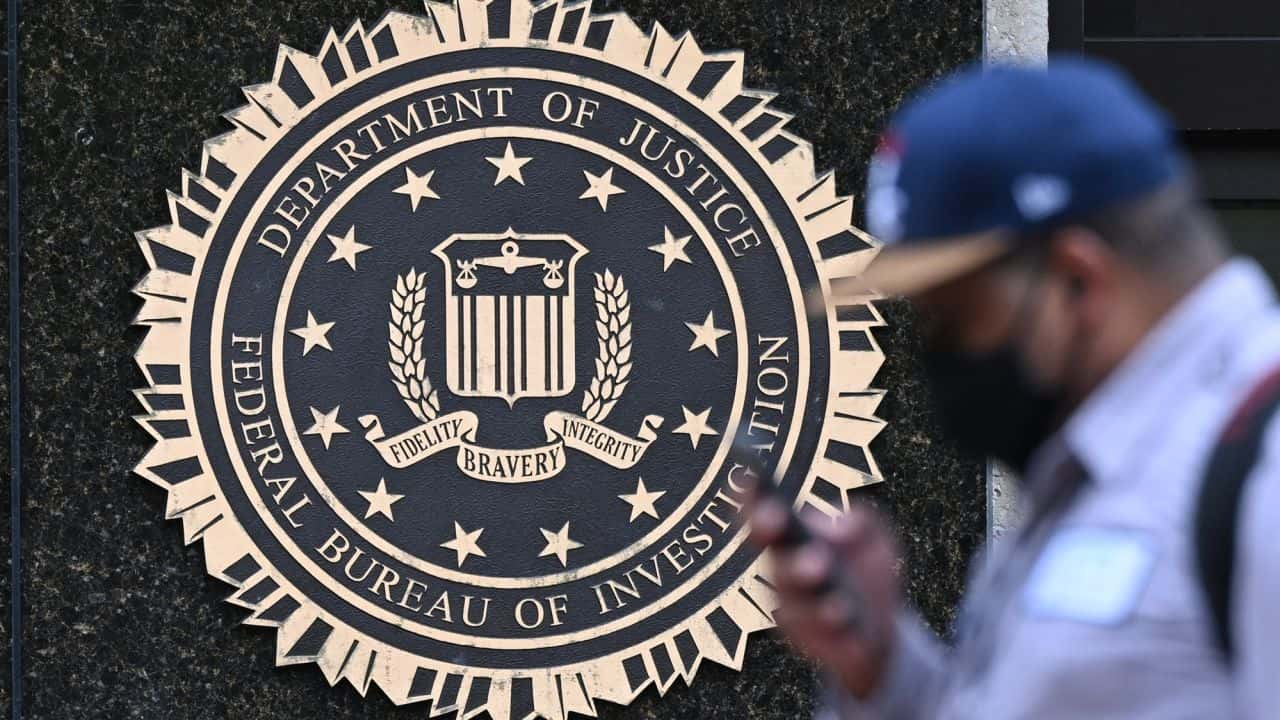The Foreign Intelligence Surveillance Court (FISC) outlined instances where FBI personnel performed searches of “sensitive query terms,” including those associated with U.S. public officials and candidates, without proper approval.

Recently released court records reveal that the FBI has misused its surveillance powers to conduct searches on a U.S. senator, a state lawmaker, and a state judge
The controversial Section 702 of the Foreign Intelligence Surveillance Act, which enables warrantless spying on foreigners abroad, has come under scrutiny for its potential use as a backdoor tool to gather information on American citizens. The misuse of these surveillance powers by the FBI is sure to present challenges to the intelligence community as it lobbies for the reauthorization of this vital tool.
The court opinion detailed three examples of improper searches, including an analyst performing four queries on Section 702 surveillance powers information using the last names of a U.S. Senator and a state senator without appropriate authorization. Although the two individuals were suspected targets of a foreign intelligence service, the FBI failed to meet the required standard for conducting such queries.
In another case, a Staff Operations Specialist searched using the Social Security number of a state judge who had previously reported alleged civil rights violations by a municipal chief of police. The identities of those searched were not made clear in the opinion.
The release of this court opinion was prompted by efforts from the American Civil Liberties Union (ACLU), which highlighted troubling patterns of using Section 702 surveillance powers against Americans, immigrants, and individuals with no accusations of wrongdoing.
The FBI and the Justice Department have attempted to address concerns by implementing FISA reforms, leading to a decline in overall queries involving U.S. citizens
Despite the reported errors, the court opinion acknowledged that the FBI has shown improvement in applying the querying standard.
As Congress considers reauthorizing Section 702 surveillance powers, lawmakers on both sides of the aisle have expressed their refusal to support it without significant reforms. Representative Darin LaHood and Senator Ron Wyden are among those who have voiced their concerns over the misuse of surveillance powers and the impact on Americans’ privacy.
FBI Director Christopher Wray emphasized the importance of Section 702 surveillance powers in fighting foreign adversaries while pledging to protect civil rights and liberties. With Section 702 surveillance powers set to expire at the end of the year, the debate over reauthorization and necessary reforms continues to unfold.




